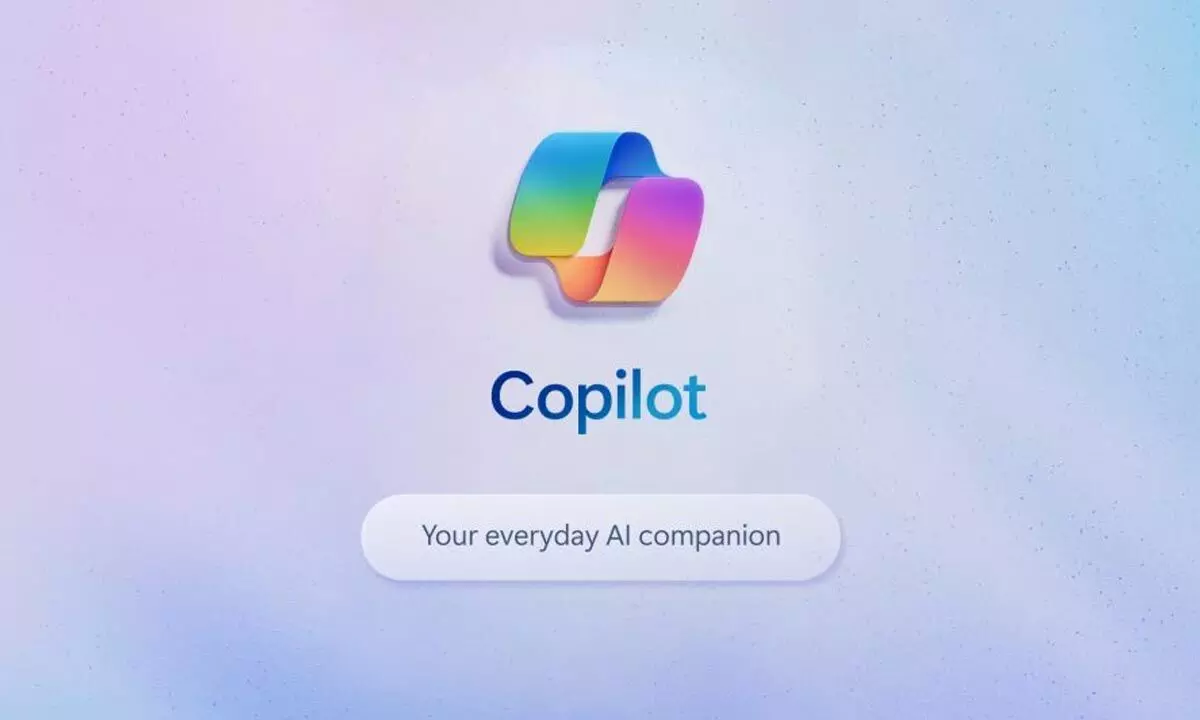Microsoft Boosts Copilot with Personalization, Web Actions, and New AI Powers
Microsoft's Copilot has been enhanced with new features such as memory, personalization, podcast creation, and smart web actions to improve user experience. These updates aim to make the AI assistant more helpful and human-like in its interactions. Users can now enjoy a more customized and efficient experience when using Copilot. The addition of these features is expected to enhance the overall functionality and usability of the AI assistant. Microsoft continues to innovate and improve its Copilot technology to provide users with a more seamless and intuitive experience.

In celebration of its 50th anniversary, Microsoft is rolling out a major upgrade to Copilot, giving the AI assistant a powerful set of new features. These updates are designed to bring Copilot closer to competitors like ChatGPT and Claude, while continuing to leverage the strength of OpenAI’s models.
New Features
Among the biggest changes is the addition of Memory. Copilot can now remember your preferences, interests, and even important personal details like your birthday. This allows it to offer more tailored suggestions and helpful responses based on what it knows about you. Users will remain in control, with the ability to decide what Copilot can remember—or to opt out entirely. This move is part of Microsoft’s broader goal to make Copilot more personal and customizable.
The company has hinted at future updates where users can give their AI assistant a unique look—and yes, there's a chance to bring back the nostalgic Clippy character. “Copilot is more than an AI, it’s yours,” says Mustafa Suleyman, CEO of Microsoft AI. “Each will have its own unique style and blend of attributes that distinctly suit each and every one of us.”
Enhanced Functionality
Beyond personalization, Microsoft is adding serious functionality. A new Actions feature allows Copilot to perform tasks online, such as booking show tickets, making reservations, or shopping with the help of new product research and discount-finding tools. This mirrors the functionality of tools like OpenAI’s Operator or Amazon’s Nova Act.
Copilot Vision, which first launched for the web in late 2024, is now coming to Windows and mobile apps. On desktop, it can analyze the content of your screen—whether it's files, apps, or web pages—and offer context-aware help. On mobile devices, it can interact with what your camera sees or photos in your gallery to provide real-time feedback and assistance.
Microsoft is also introducing Deep Research, a tool that allows Copilot to digest large volumes of documents or online sources to assist with more complex tasks. These research capabilities are being tightly integrated with Bing, enabling smart, AI-driven answers directly within the search experience.
Additional Features
Another standout feature is the ability to create podcast-style audio explanations, turning Copilot into a voice that can guide users through topics. The new Pages feature also lets users organize notes, research, and documents into a single, interactive workspace.
These features begin rolling out today in preview form and will continue to improve and expand in the weeks ahead, depending on platform and region.

